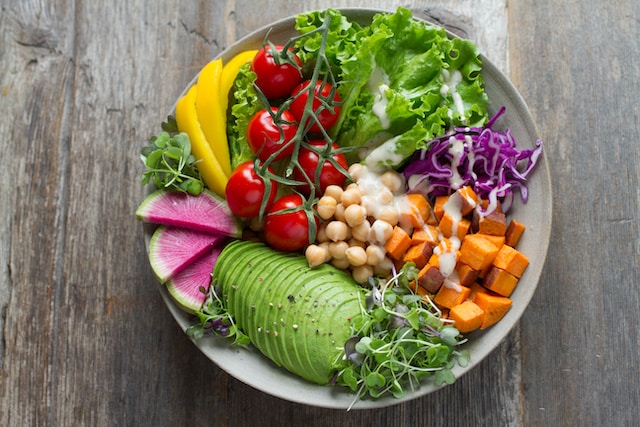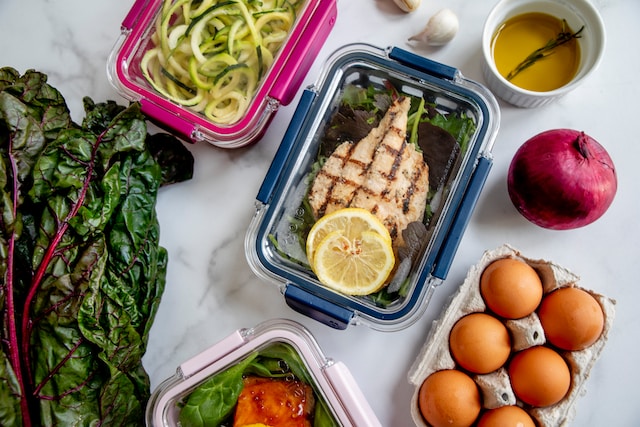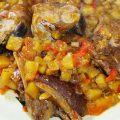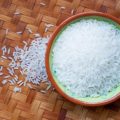Eating healthy is key for every student’s well-being and academic success. But if you’re a student in Nigeria, you know how tough it can be. Juggling classes, assignments, and often limited funds, finding time and resources for a nutritious meal isn’t easy.
You’re not alone in this struggle. Many students face these challenges every day. But don’t worry, there are simple, effective ways to eat well without sacrificing your busy schedule or breaking the bank. Let’s dive into some practical tips that can make a big difference.
Planning and Preparing Meals in Advance
Eating healthy can seem impossible when you’re swamped with schoolwork. Here’s a tip: if you’re too busy, use a service that will do my homework. This frees up time for cooking and grocery shopping. Meal prepping is your best friend in this journey.
Start by setting aside a few hours each week to plan and prepare your meals. Think about typical Nigerian dishes you enjoy. Maybe some Jollof rice, plantain, or a light vegetable soup? Write down what you’ll eat each day, balancing your favorites with nutritious options.
Next, go grocery shopping with your list in hand. Stick to it! This keeps you focused and saves money. Then, spend some time cooking and storing your meals. Trust me, when you’re racing against deadlines, you’ll thank yourself for a fridge full of ready-to-eat, healthy meals.
Choosing Local and Seasonal Foods
Opting for local and seasonal foods is a smart move. Why? They’re not only fresher and packed with nutrients but also kinder to your wallet. In Nigeria, we’re blessed with a variety of such foods. Think of the lush fruits and vegetables that grow in different seasons.
Try to include these in your meals. For instance, when mangoes are in season, add them to your breakfast or as a snack. Got some fresh ugu leaves? Toss them into a soup or stew. This way, you’re eating healthy, supporting local farmers, and saving money. It’s a win-win!
Smart Snacking Strategies
Snacking smart is key, especially during those long study sessions. Choose snacks that boost your energy and keep you satisfied. Forget the sugary stuff that makes you crash later. Go for healthier options.
In Nigeria, we have plenty of nutritious snacks. Roasted plantains, known as Boli, are a great choice. They’re filling and rich in fiber. Groundnuts, or peanuts, are another excellent snack. They’re packed with protein and healthy fats. For a quick bite, grab some Akara (bean cakes). They’re tasty and give you a good protein kick. These snacks are not only healthy but also easy to find and prepare.
Staying Hydrated
Staying hydrated is crucial for your health and helps you stay sharp in class. Water fuels your brain, keeping you alert and focused. Don’t underestimate its power! Often, when you’re tired, you might just be dehydrated.
Include hydrating foods in your diet. Cucumbers, watermelons, and oranges, common in Nigeria, are full of water. Remember, keeping hydrated is a key part of staying healthy and acing your studies!
Balancing Traditional Nigerian Dishes with Nutritional Needs
Loving traditional Nigerian dishes doesn’t mean you can’t eat healthily. It’s all about balance and making smart choices. For instance, with a dish like Egusi soup, loaded with seeds and leafy greens, try using less palm oil. It’s still delicious but healthier.
For Jollof rice, why not switch to brown rice sometimes? It has more fiber and keeps you full longer. Also, when enjoying Pounded Yam, consider smaller portions and pair it with a vegetable-rich soup. These small tweaks to your favorite dishes can make a big difference in meeting your nutritional needs while enjoying the flavors you love.
Understanding Portion Control
Managing portion sizes is key to avoiding overeating, even with the most delicious Nigerian cuisine. A handy tip is to use your hand as a guide. For starchy foods like Fufu or Jollof rice, a portion the size of your fist is enough. For meats or fish, aim for a piece about the size of your palm.
Vegetables? Load up on them! They should fill half your plate. Remember, eating slowly and mindfully also helps. This way, you enjoy every bite of your favorite Nigerian dishes without going overboard. It’s all about balance and moderation.
Incorporating Physical Activity
Physical activity goes hand in hand with a healthy diet, and it’s not just about staying fit; it’s also about feeling your best. Just like how the best thesis writing services help you excel academically, regular exercise can boost your overall well-being. It not only keeps you healthy but also reduces stress, helping you stay focused on your studies.
Conclusion
In summary, adopting healthy eating habits is not only beneficial for your health but also crucial for academic success. We’ve explored various strategies, from meal prepping to choosing local foods and staying hydrated. So, go ahead and embrace these habits for a brighter, healthier future!






